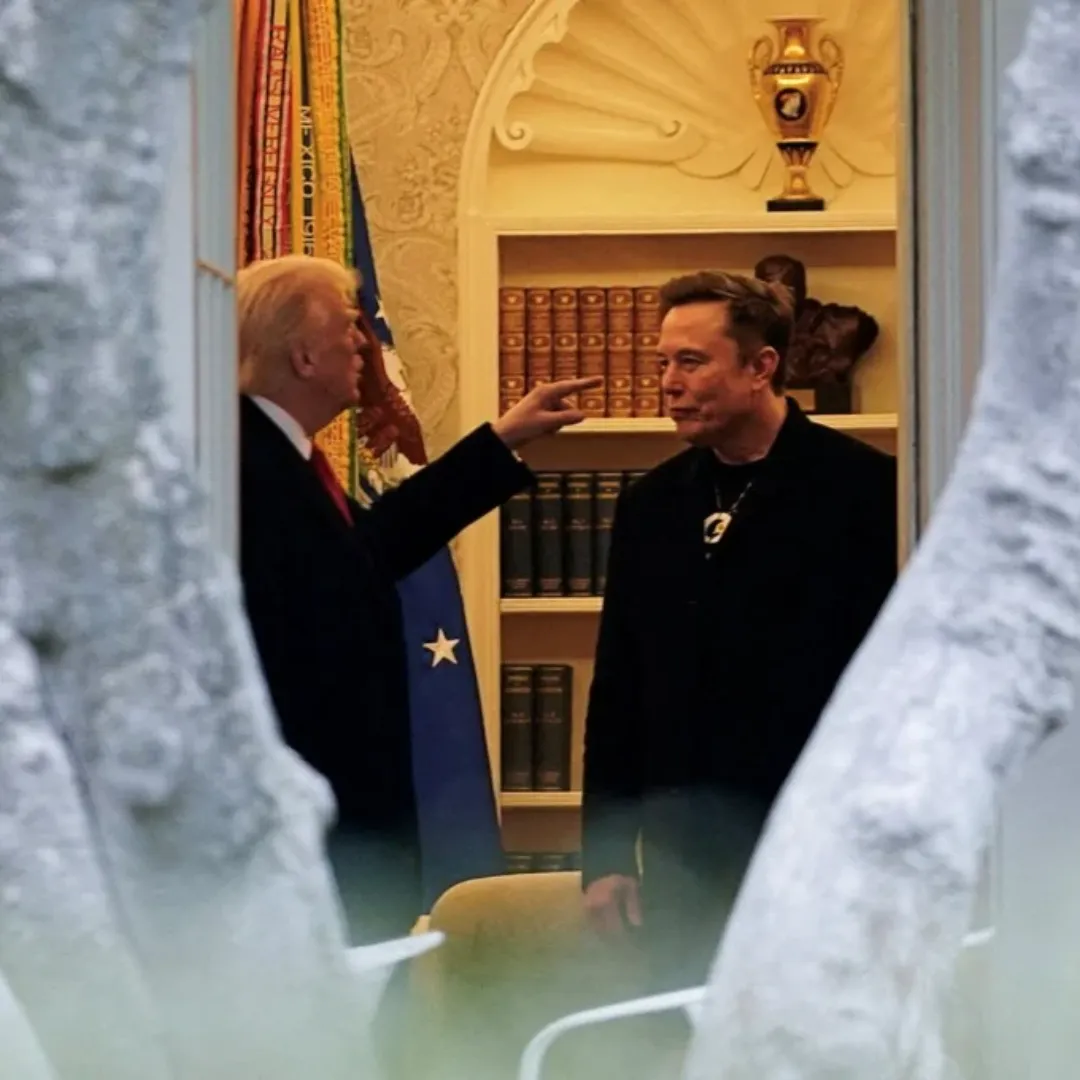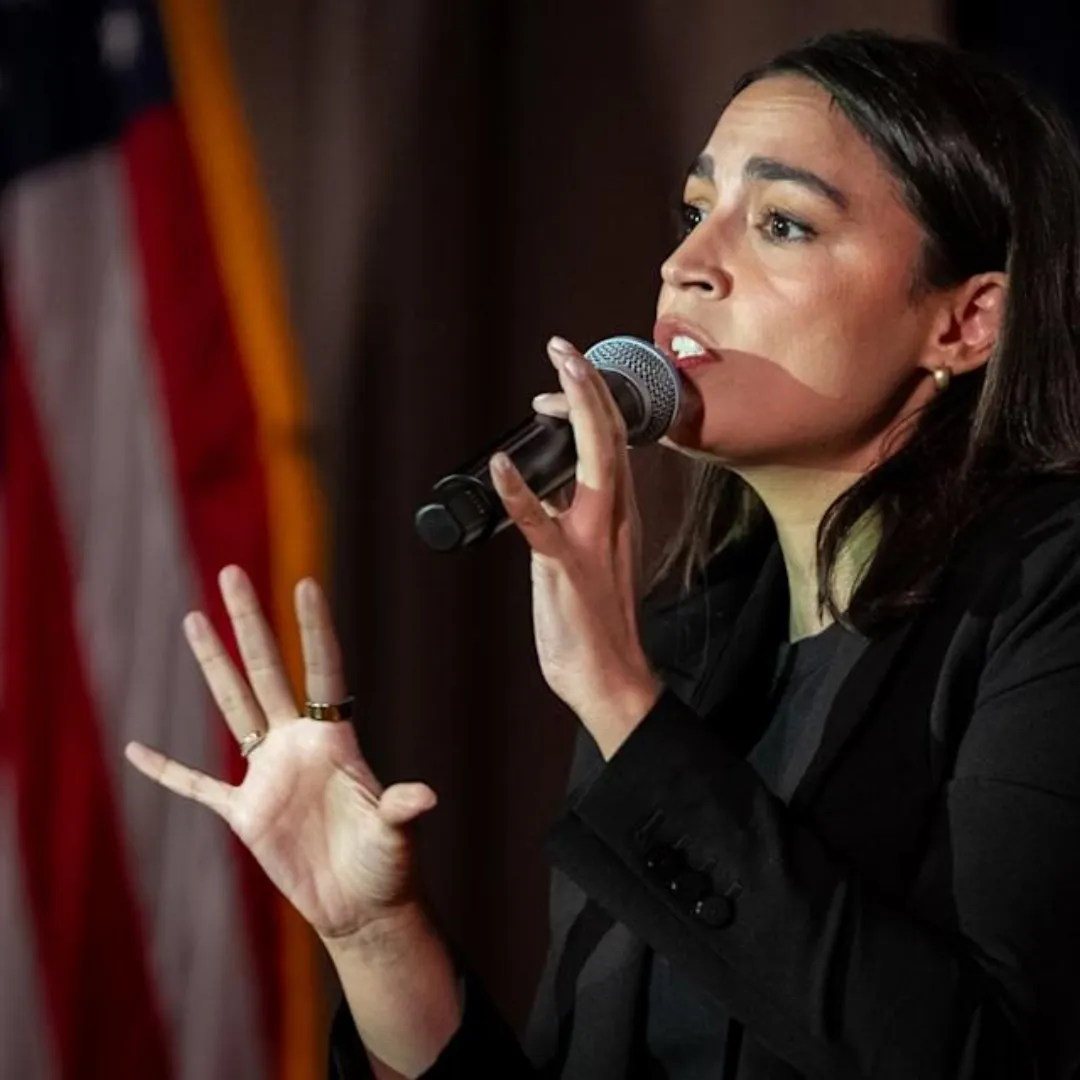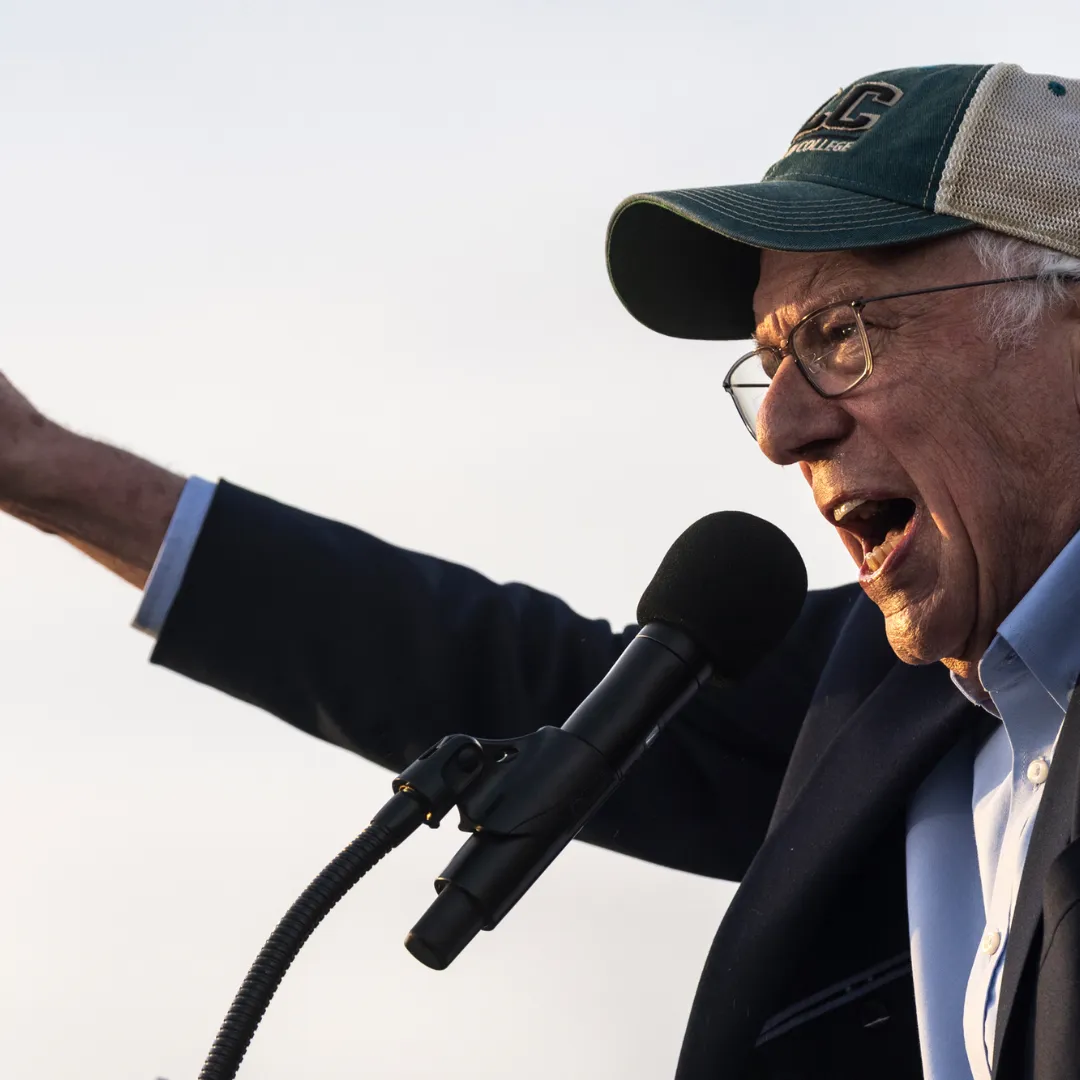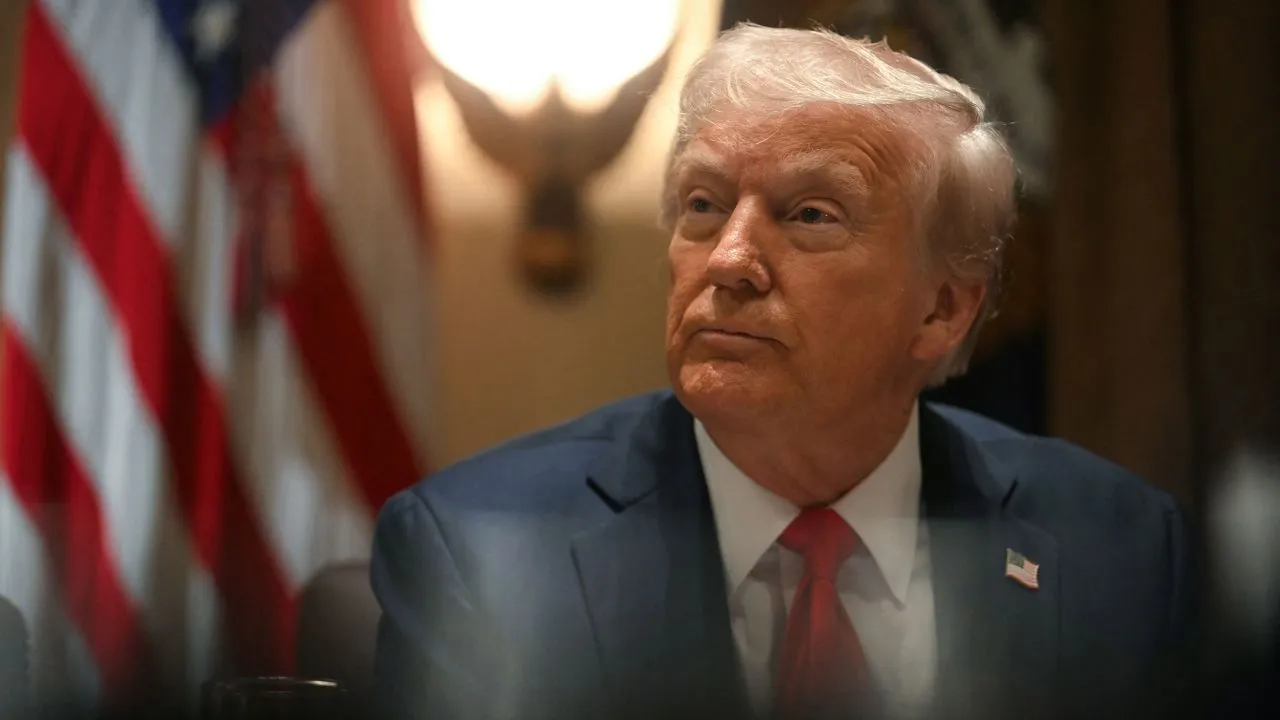
President Donald Trump has appointed Dr. Phil McGraw to serve as a member of the newly formed Religious Liberty Commission, a group established to defend and promote religious freedoms across the United States.
The announcement came during a ceremony at the White House Rose Garden on Thursday, where the president and guests gathered to mark both the commission’s official launch and the National Day of Prayer.
The event featured speeches from Trump and several of the commission’s members, with Dr. Phil making a brief appearance at the podium. Standing alongside the president, McGraw expressed gratitude for being selected to take part in what he described as a necessary and overdue national effort to restore the role of faith in American life.
“I can’t tell you how proud I am to see religion coming back to the White House,” McGraw told the audience. “God bless you for doing this.”
McGraw, known widely as a television personality and author, has been a vocal supporter of Trump’s presidency and has backed several of the administration’s policy positions, including its approach to immigration.
In recent years, he has also advocated for what he sees as a return to traditional American values, including personal responsibility, family, faith, and discipline.
According to a White House statement, McGraw’s recent book includes a call for Americans to “reclaim the principles of hard work, independence, faith, and ingenuity.” These themes, the statement said, align with the goals of the new commission, which was created by executive order earlier this week.
The Religious Liberty Commission is designed to serve as a watchdog and advisory body tasked with defending religious freedoms under federal law. According to the executive order signed by Trump, the commission will work to “vigorously enforce the historic and robust protections for religious liberty enshrined in Federal law.”

During his remarks, Trump framed the commission as a response to what he called a disturbing trend in recent years—one in which federal, state, and local governments have, in his view, encroached upon the free exercise of religion.
He argued that the nation’s historical commitment to religious freedom is being undermined and that strong action is necessary to protect that tradition.
“There’s been too much silence, too much retreat,” Trump said. “We’re making it clear that religious liberty is not optional. It is foundational.”
The commission’s mission will include several core responsibilities. According to the executive order, these include identifying emerging threats to religious liberty, defending the rights of citizens to participate fully in society regardless of their faith, and upholding federal laws designed to protect free religious expression.
The commission is also expected to promote public awareness of the country’s religious heritage and foster pride in the nation’s historical commitment to pluralism.
Trump described the commission as both a symbolic and practical gesture, signaling that his administration continues to prioritize religious freedom and intends to actively defend it.
While the National Day of Prayer has been observed for decades, this year’s observance was given added political and cultural weight by the creation of the new commission.
In addition to Dr. Phil, the commission includes several figures selected from across various sectors of American life. Among them are Texas Lieutenant Governor Dan Patrick, former Housing and Urban Development Secretary Ben Carson, and New York Archbishop Cardinal Timothy Dolan.
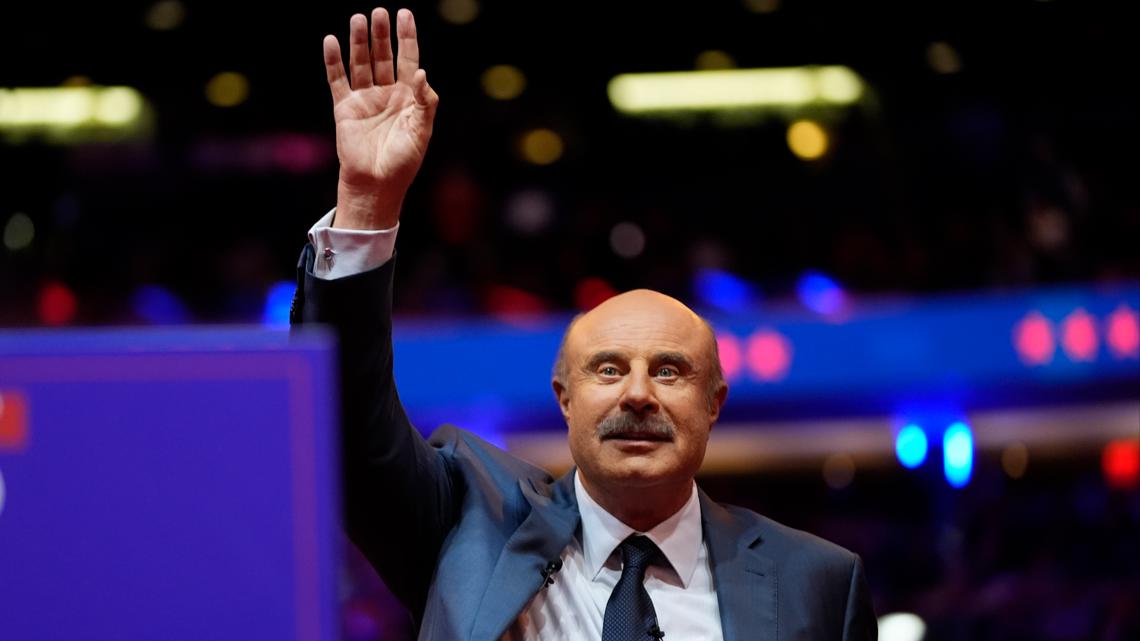
Each member has been selected, according to the White House, for their ability to represent diverse faith traditions and civic perspectives. While the commission is not expected to hold formal regulatory power, it will provide guidance to federal agencies and lawmakers, organize public events, and produce reports on the state of religious liberty in the United States.
For McGraw, the appointment adds a new chapter to an already long and varied career. While best known for his daytime television show and public persona as a life coach and advisor, McGraw has increasingly used his platform in recent years to speak about broader societal issues, often aligning himself with culturally conservative views on family, community, and national identity.
His involvement in the Trump administration’s initiative signals the administration’s desire to blend traditional political appointments with more broadly recognizable public figures, perhaps to help broaden the message of the commission to a larger, more media-savvy audience.
Critics of the commission, including civil liberties groups and some Democratic lawmakers, have expressed concern that the body could be used to advance religious doctrines in ways that may infringe on the rights of others, particularly in matters involving LGBTQ+ rights, reproductive healthcare, and education.
They argue that the commission could blur the lines between church and state and be used as a tool to legitimize religious exemptions that undermine existing civil protections.
Supporters of the initiative argue that religious liberty has been under sustained attack in recent years, especially in settings where religious beliefs conflict with government mandates or prevailing cultural norms.
They point to lawsuits involving business owners, school policies, and public employees as examples where, in their view, the government has failed to uphold religious freedom.
Trump has often spoken to this issue, framing religious liberty as central to American identity and promising to protect it from what he describes as politically motivated assaults.
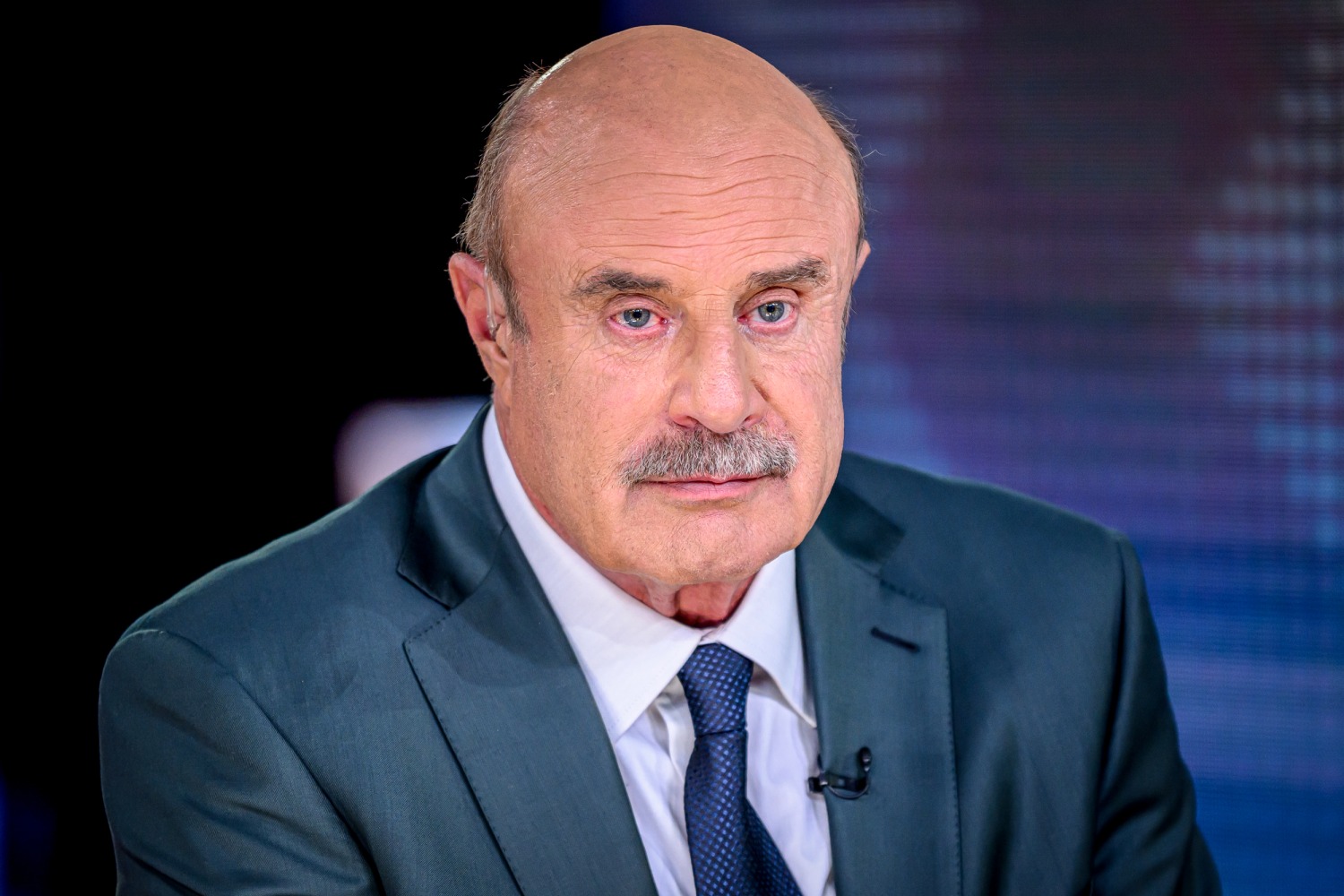
“We don’t believe faith should be confined to private whispers,” Trump said at the Rose Garden ceremony. “We believe it should be celebrated, protected, and respected in every corner of public life.”
The ceremony concluded with a group prayer, led by a member of the commission, followed by a brief reception on the South Lawn. Trump and McGraw were seen chatting informally afterward, joined by other commission members and White House officials.
It is unclear when the commission will hold its first official meeting, though aides say preliminary planning is already underway. According to sources close to the effort, early projects may include a nationwide listening tour, visits to religious communities that have reported instances of discrimination, and recommendations for improving religious freedom policies within federal agencies.
For now, the creation of the Religious Liberty Commission stands as another example of how the Trump administration is positioning itself in defense of cultural and spiritual conservatism. As political campaigns ramp up and debates over faith and freedom continue to unfold, the commission’s work is likely to remain in the spotlight.
McGraw, for his part, has embraced the new role enthusiastically. “This country was built on faith,” he said after the ceremony. “And faith deserves a seat at the table. I’m honored to be part of this effort.”
